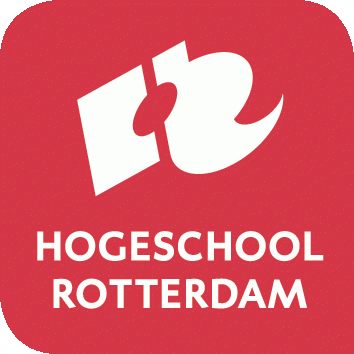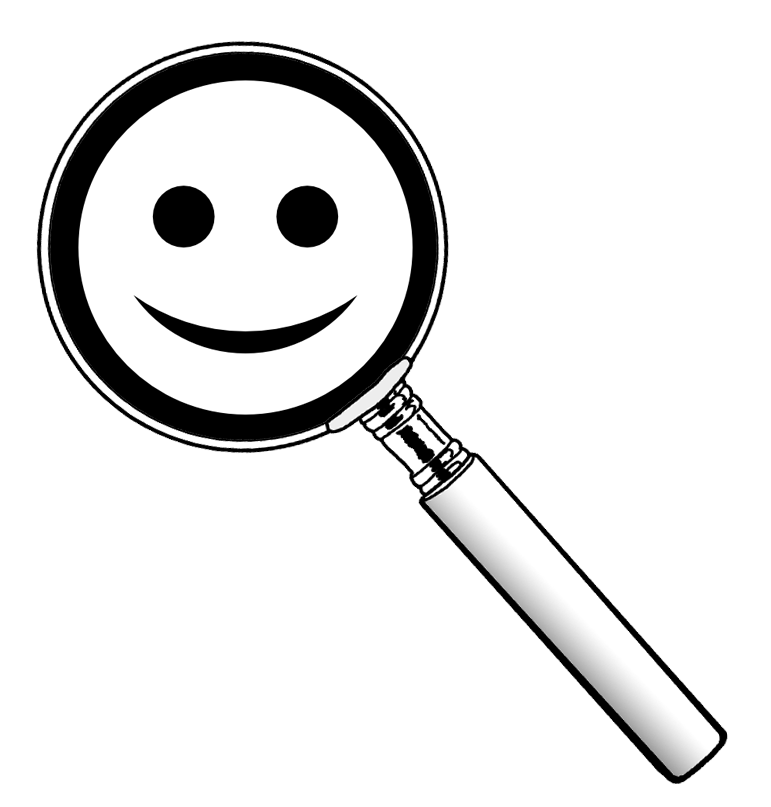Colophon
The arrangement Rotterdam UAS Literature Research Training is made with Wikiwijs of Kennisnet. Wikiwijs is an educational platform where you can find, create and share learning materials.
- Author
- Last modified
- 02-12-2025 14:23:23
- License
-
This learning material is published under the Creative Commons Attribution 4.0 International license. This means that, as long as you give attribution, you are free to:
- Share - copy and redistribute the material in any medium or format
- Adapt - remix, transform, and build upon the material
- for any purpose, including commercial purposes.
More information about the CC Naamsvermelding 4.0 Internationale licentie.
Bronnen:
Libguides RUG: https://libguides.rug.nl/c.php?g=531668&p=3637442
Stappenplan Zoekstrategie, Mediatheek Hogeschool Rotterdam: Zoekstrategie
Wikiwijsarrangement InHolland: https://maken.wikiwijs.nl/69846/Informatievaardigheid__een_mooie_start
Zoeklicht HvA: Zoeklicht - Hogeschool van Amsterdam
Zoekplan, NHL Stenden Hogeschool: http://informatievaardigheden.nhlstenden.com

Additional information about this learning material
The following additional information is available about this learning material:
- Description
- There are more than a billion websites and more than 800,000 books are published each year. But where exactly can you find the information you need? In this training you will learn how to find reliable information relevant to your studies in a smart and fast way.
- Education level
- HBO - Master; HBO - Bachelor;
- End user
- leerling/student
- Difficulty
- gemiddeld
- Keywords
- information literacy, orientate, quotation of sources, search methods, search techniques

Used Wikiwijs arrangements
Team Informatievaardigheid Hogeschool Rotterdam. (2022).
Training literatuuronderzoek Hogeschool Rotterdam
https://maken.wikiwijs.nl/164140/Training_literatuuronderzoek_Hogeschool_Rotterdam



